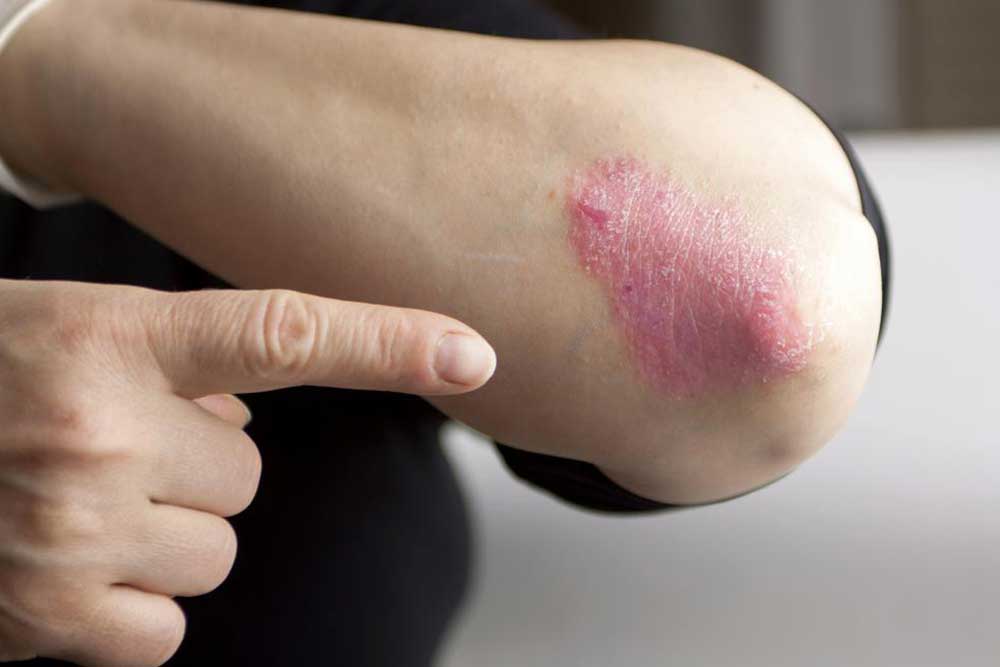Effective Natural Strategies to Manage Childhood Allergies Safely
Explore comprehensive natural strategies to manage childhood allergies effectively. This article covers home remedies, dietary tips, environmental controls, and lifestyle changes that support immune health and reduce allergy symptoms in children. A safe, holistic approach can complement medical treatments, fostering healthier childhoods free from the limitations of allergies. Consult healthcare professionals when implementing new remedies for optimal results.

Effective Natural Strategies to Manage Childhood Allergies Safely
Childhood allergies are an increasingly prevalent concern in today’s environment, affecting millions of children worldwide. These allergic reactions—ranging from skin issues like hives and rashes to respiratory symptoms such as sneezing, nasal congestion, and persistent cough—can significantly impact a child's daily life and overall wellbeing. The rise in allergy cases is closely linked to increasing environmental pollution and exposure to allergens. Traditionally, medical treatments like antihistamines, nasal sprays, inhalers, and steroids are prescribed to manage these symptoms effectively. However, many parents seek safer, natural alternatives to reduce reliance on medications, especially considering potential long-term side effects.
This comprehensive guide explores various natural remedies and lifestyle practices that can help in alleviating allergy symptoms in children. From simple home remedies, dietary adjustments, to lifestyle changes, these methods aim to support children’s immune systems and reduce allergen impact without adverse effects. Implementing these strategies requires understanding and caution, and always consulting healthcare professionals before starting new treatments. Let’s delve into a wide array of natural approaches designed to promote healthier, allergy-free childhoods.
Understanding Childhood Allergies and Their Triggers
Childhood allergies are immune system responses to substances that are typically harmless to most individuals. Common allergens include pollen, dust mites, pet dander, mold, certain foods, and environmental pollutants. When a child’s immune system overreacts to these triggers, it releases chemicals like histamines, leading to allergy symptoms. The symptoms can vary widely—ranging from mild discomfort to severe reactions requiring emergency care.
Identifying specific allergens is crucial for managing allergies effectively. Skin prick tests, blood tests, and allergen avoidance strategies are utilized by healthcare providers to diagnose allergies. Once identified, parents can implement targeted natural remedies and environmental adjustments to minimize exposure and symptoms.
Conventional Medical Treatments and Their Limitations
Pharmaceutical options remain the first line of defense against childhood allergies. Antihistamines are commonly prescribed for quick symptom relief, available in pills, syrups, or nasal sprays. Severe reactions might necessitate the use of inhalers, corticosteroids, or epinephrine auto-injectors. While these medications are effective at controlling symptoms, they are often associated with side effects such as drowsiness, irritability, and, in some cases, longer-term health concerns when used extensively.
Parents increasingly seek natural options to manage allergies due to concerns about medication side effects and the desire for holistic health approaches. This has spurred interest in natural remedies that support immune health and reduce allergen sensitization.
Natural Remedies and Lifestyle Practices for Allergy Relief
Introducing natural remedies into daily routines can help reduce allergy symptoms in children, promoting a safer and more sustainable approach. Here are some researched and traditional practices:
Salt Water Gargles
Gargling with warm salt water is a simple yet effective way to soothe sore throats caused by post-nasal drip and reduce bacteria in the throat. Regular gargling can also help loosen mucus and clear irritants from the respiratory tract, easing breathing difficulties.
Turmeric-Infused Water
Turmeric contains curcumin, a powerful anti-inflammatory agent. Introducing turmeric into a child's diet through warm water or milk can help reduce inflammation associated with allergic reactions and strengthen immune responses.
Apple Cider Vinegar (ACV)
Diluted apple cider vinegar in water has antimicrobial properties and may help balance pH levels. Some children find relief from allergy symptoms when consuming small amounts regularly, as ACV can promote resilience against allergens over time.
Saline Nasal Rinses
Proper use of saline nasal rinses, such as with a neti pot, can effectively clear nasal passages of allergens, mucus, and irritants. It’s essential to learn correct techniques to avoid any risk of infection and to use sterile solutions.
Bioflavonoids and Food-Based Support
Natural bioflavonoids like quercetin, found abundantly in foods such as onions, apples, berries, and citrus fruits, are known for their antihistamine properties. Including these foods in a child's diet might inhibit histamine production, thereby reducing allergy symptoms.
Dietary Adjustments and Probiotics
Spicy soups featuring ingredients like ginger, garlic, and chili can support immune health and assist in clearing nasal congestion. Additionally, probiotics—live beneficial bacteria—enhance gut health and are linked to improved immune responses, potentially decreasing allergy severity.
Environmental Management and Preventative Measures
Reducing exposure to allergens is key. Use hypoallergenic bedding, maintain clean living spaces, and ensure good indoor air quality through regular ventilation and air purification systems. Limiting outdoor activity during peak pollen seasons can also help prevent allergy exacerbation.
Safety and Consulting Healthcare Providers
Natural remedies should be introduced cautiously and always under professional guidance, especially for children with severe allergies or underlying health issues. While many natural strategies are safe, individual responses vary. Consistent monitoring and communication with healthcare professionals ensure that treatment plans are effective and safe.
Final Thoughts: Embracing a Holistic Approach
Managing childhood allergies through natural means offers a promising pathway toward healthier, symptom-free lives. Combining dietary adjustments, lifestyle modifications, and natural remedies can significantly reduce dependence on medications, minimize side effects, and boost overall immunity. Ensuring a safe environment and seeking professional advice remain pillars of effective allergy management. Emphasizing a holistic approach not only alleviates symptoms but also fosters long-term wellness for children, enabling them to thrive despite environmental challenges.





